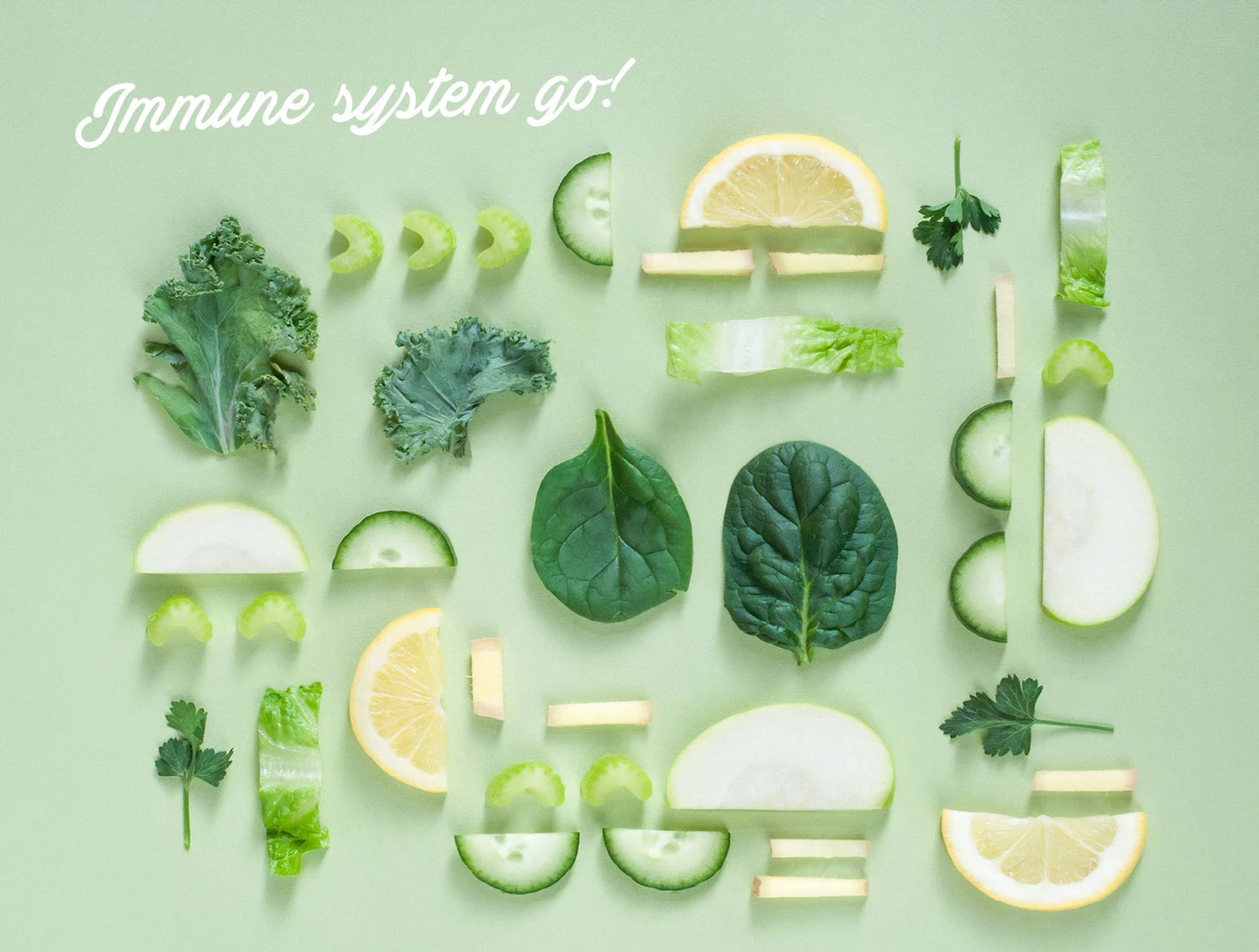
Over my 3 cancer rides the importance of creating a cancer kicking, healing team has risen to top priority. My team has always been headed by my oncology doctors but I realised I want to tackle cancer from all directions in order to give my body the best chance of remission and beyond.
Shortly after being diagnosed with sarcoma last year I recruited Tanya and her team from the Melbourne Integrated Oncology Group onto my healing squad. MIOG offer evidence-based complementary therapies specifically for cancer warriors. They work with your oncology team to tailor a plan specifically for you, your cancer and stage of treatment.
This is the team that will minimise your late night googling of weird and wonderful alternative treatments from around the world. They know which ones are backed with enough scientific evidence relevant to your cancer and which ones are total B.S.
Not only are they full of wisdom and knowledge on everything cancer - they're also just darn lovely human beings. These appointments I actually looked forward to.
So I'm pretty chuffed to share a piece the MIOG team has written just for Bravery and our warrior community on the most important thing your body needs to get through cancer. Enjoy!
Em x
Cancer and your immune system
by Melbourne Integrated Oncology Group
The immune system is an extensive network of organs, cells, antibodies and complex proteins that help us resist and recover from infection or disease. Some act like literal barriers, preventing viruses and bacteria from entering the body and particularly the brain, while others identify and hunt down pathogens to remove invaders from the body.
Ensuring your immune system is intact and strong has never been more important. If you are undergoing treatment for cancer, recovering from surgery or feeling generally stressed or run down, then it is time to give your immune system some attention and an extra boost.
How does what we eat influence our immune system?
The immune system involves a vast number of complex biochemical processes, and many nutrients are required for this to happen effectively. Plenty of studies have shown that nutrient status and intake is linked to the duration and severity of infection. It can be the difference between having mild symptoms and requiring hospitalisation. So eat up!
Plant Based Diet
Nature is where it’s at. Plants are rich in antioxidants, nutrients and phyto-chemicals that are most helpful to support immune function, metabolism and health. Once food is processed, these valuable nutrients are stripped, and unfortunately these days most people rely too heavily on refined foods, simple carbohydrates, and packaged convenience foods. The more fresh, colourful wholefoods you can eat, the better. This doesn’t mean you need to be vegan - but the bulk of your dietary intake should be bright colours and as close to nature as possible. Think ‘rainbow’ veggies (have you eaten purple and yellow today?), lots of leafy greens, seasonal fruit, nuts and seeds, legumes and beans, and fish and other sources of good quality protein.
But what about the details? The below list of nutrients, foods and herbs are specifically useful to help support and enhance immune system function and reduce the inflammation that causes our immune systems to weaken.
Protein
Protein is responsible for the growth and repair of our cells, and it makes up protein complexes that are important components of our immune system. It makes sense that an inadequate amount of protein in the diet would be linked to immune dysfunction and increase vulnerability. Ensuring you have a good source of protein in every meal and snack is a great practice to implement. Aside from the obvious animal proteins, think sprinkling nuts and seeds on your salads, adding protein powder to porridge or smoothies, and spreading nut butter on your sourdough toast. Beans, legumes and tofu are a great way to switch things up in the kitchen too. Try a few “meat-less” meals per week, eg a lentil shepherd's pie or bolognaise, or a pumpkin chickpea curry. These are great ways to introduce plant based protein into your diet.
Vitamin C
We’ve all heard that Vitamin C is good for the immune system, but why? Vitamin C is an important antioxidant that feeds our immune cells that are responsible for fighting off infection. When you have an infection or are experiencing stress, the body uses more Vitamin C, and it has been found that supplementing Vitamin C can reduce the severity and length of infections. Foods rich in Vitamin C include strawberries, kiwi fruit, citrus fruits, and raw capsicum and broccoli.
Zinc
Zinc is a cofactor in many physiological functions in the immune system and a deficiency in zinc is linked to a lowered immune function. Zinc is also an antiviral that exhibits a positive effect on more than 40 viruses. Foods rich in zinc are oysters, pumpkin seeds (and other nuts and seeds), legumes, red meat and poultry. If you are vegetarian or vegan you may be deficient in Zinc, however to use a supplement, please ask your Naturopath or Nutritionist.
Vitamin D
You may think that Vitamin D is only responsible for the balance of calcium in the body, however it is also an important regulator of the immune system, and a growing body of research is showing it’s protective role against various types of cancers. The best way to absorb Vitamin D is via sunlight (hooray for spring!), but if you can’t get out in the sun, you can also integrate Vitamin D into your diet. Eggs, full-fat organic dairy and fatty fish such as sardines, mackerel and salmon are good sources, and here’s a random tidbit for you - if you leave your sliced mushrooms out in the sun for 15-20 minutes, they absorb sunlight and their Vitamin D content increases significantly!
Garlic
Garlic is known as nature's antibiotic. It exhibits antibacterial properties against a wide variety of bacteria and it tastes delicious added to most dishes. If you are brave, you take a whole clove of garlic and smash it with the back of a knife, pop onto a teaspoon of manuka honey and eat it raw. Great for when colds and flus strike. Otherwise try adding to cooking, salad dressings or bruschetta. Garlic can also be added to a liquid herbal mix by your Naturopath.
Medicinal Mushrooms
Mushrooms have lovely little polysaccharides that specifically help modulate the immune system to produce more white blood cells, our immune warriors. They also have a bunch of other health and anti-cancer benefits, so try to incorporate a variety of mushrooms (including Shiitake, Maitaki, Reishi and even the humble button mushroom) into soups, stews and stir fry’s. You can get the Asian varieties in most supermarkets these days, and even dried versions are great to use. Some health food stores offer mushroom based powders to add to hot choccie - yum! However, if you want to use supplemental medicinal mushrooms, please speak to your Naturopath or Nutritionist as they may be contraindicated with some types of treatment and medications.
Immune Boosting Recipe
Spring is the perfect time to increase your colourful veg and fruit intake. Here is a springy salad recipe with immune boosting foods to keep your body healthy and strong.
Immune Boosting Broccoli Salad
Salad
- 1 cup of broccoli florets, either raw or lightly steamed, chopped
- ½ cup raw red capsicum chopped
- ¼ cup carrot, grated
- ¼ cup purple cabbage, grated or finely sliced
- ¼ cup red or spring onion finely, chopped
- ¼ cup of pumpkin seeds
- ¼ cup of dried cranberries
Dressing
- ½ cup of olive oil
- 2 cloves of grated garlic
- 3 tbsp of apple cider vinegar
- 2 tablespoons of dijon mustard
- 2 tablespoons of lemon juice
- Salt and pepper to taste
Chop all of the salad ingredients to the size and texture you desire. Mix the ingredients for the dressing and generously pour over the veg. Let sit for 30 minutes and enjoy! Works well if served with a piece of grilled fish or some yummy falafels.
If you'd like to chat with the MIOG team about your cancer treatment, the contact details are below. MIOG are based in Melbourne but currently conducting all appointments over phone or zoom.
